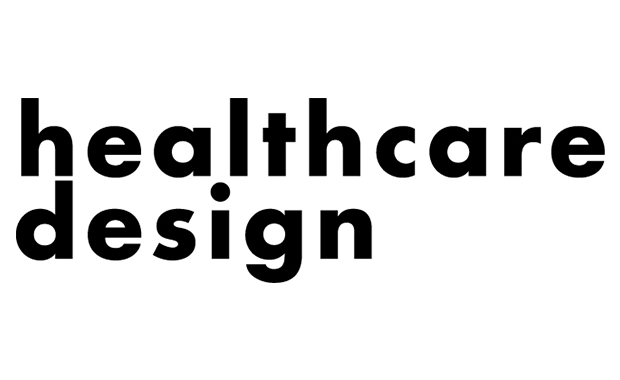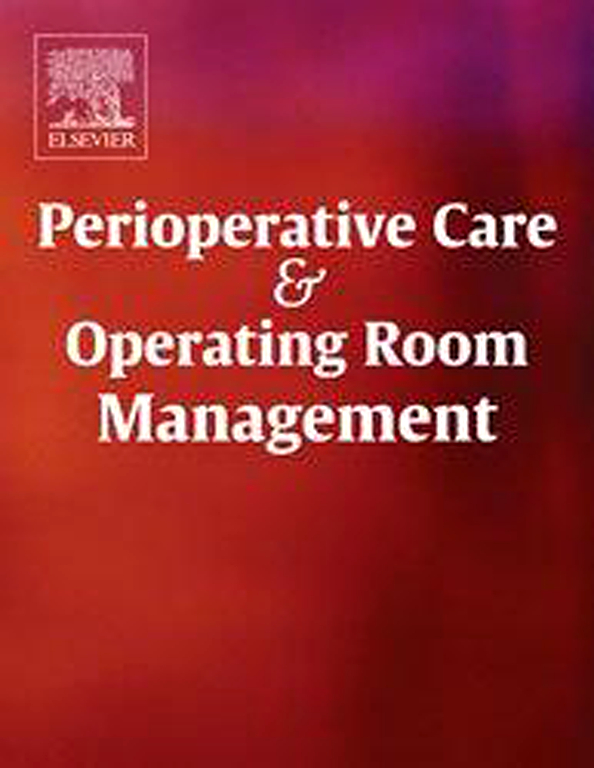
Editor's Note The Organ Procurement and Transplant Network (OPTN) is launching a national effort to reduce discard rates of donated organs, according to an October 23 announcement from the University of Michigan. OPTN oversees organ distribution for transplant procedures in the US. According to the report, the organization aims to…

Editor's Note In 2023, hospitals and surgical centers saved more than $465 million and prevented nearly 98 million pounds of greenhouse gas emissions by utilizing reprocessed single-use medical devices, according to a survey by the Association of Medical Device Reprocessors (AMDR). DotMed reported the news October 21. The data indicate…

Editor's Note A system-wide preoperative nutrition program resulted in shorter hospital stays and fewer postoperative complications across the Allegheny Health Network, according to a study presented at the American College of Surgeons Clinical Congress 2024. Medical Xpress reported the news October 18. According to the article, researchers analyzed data from…

Editor's Note A newly constructed surgical “megafloor” that connects inpatient and outpatient ORs promises to aid workflow and add flexibility for perioperative teams at The University of California Irvine (UCI) Health—Irvine campus, Healthcare Design reported October 7. As detailed in the article, the academic center must accommodate a variety of…

Editor's Note Boston Children's Hospital uses digital twins of patients' hearts to improve cardiac surgery precision and ensure positive outcomes, according to an October 15 report in The Washington Post. Digital twins—computerized replications of physical objects and systems—enable surgeons to simulate complex procedures on virtual 3D heart models before making…

Editor's Note AI and machine learning (ML) models show significant promise in enhancing preoperative estimates of surgical control time (SCT), which are frequently wrong, according to a study published September 10 in Perioperative Care and Operating Room Management. The longitudinal study examined differences between predicted and actual SCTs, broken down…

Editor's Note Better-designed ORs can lead to shorter orthopedic surgery times and fewer disruptions, according to a recent study in Health Environments Research & Design. Conducted by researchers at the University of Kansas, the study observed 70 unilateral total knee and hip replacement surgeries in two differently designed ORs at…

Editor's Note Researchers at the Medical University of Vienna developed a new method using the Temporal Fusion Transformer (TFT) model to predict intraoperative hypotension in patients under general anesthesia. According to findings published August 30 in eClinical Medicine, part of The Lancet, the model utilizes routine vital sign data, including…

Editor's Note A recent randomized crossover trial conducted at Johns Hopkins University reveals that improper arm positioning during blood pressure measurements can lead to significant overestimation, potentially contributing to over-diagnosis of hypertension. The findings appeared in Jama Network October 7. The study, which included 133 participants, compared readings in three…

Editor's Note The Association for the Advancement of Medical Instrumentation (AAMI) has entered into a partnership with the Consumer Technology Association (CTA) to develop new standards for the integration of artificial intelligence and machine learning in healthcare, according to an October 1 report in DOTmed. Formalized through a memorandum of…